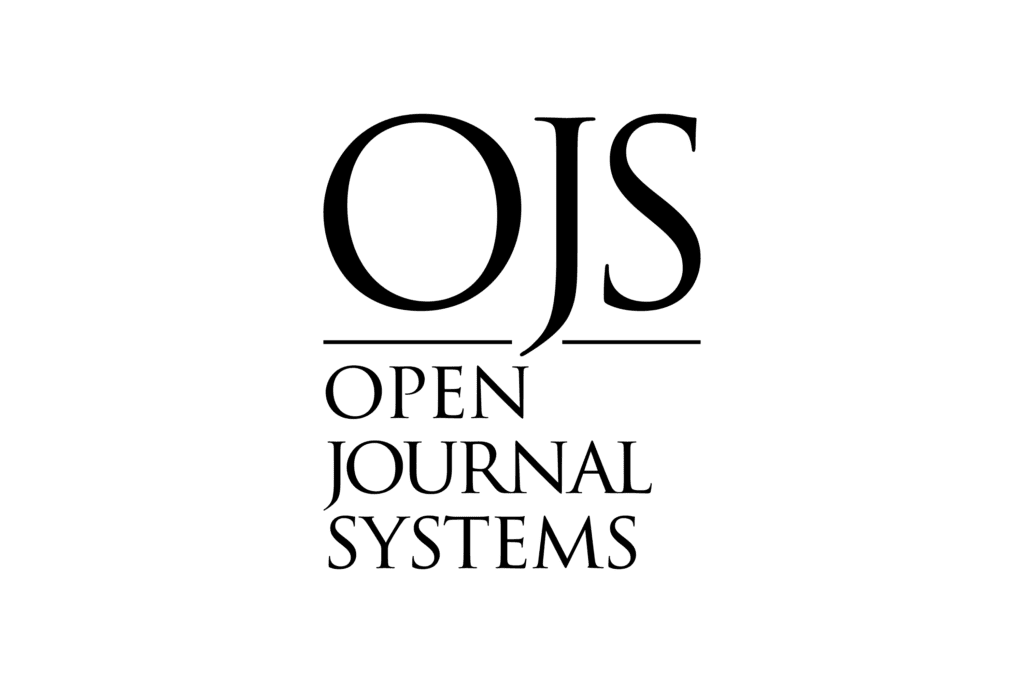Optimizing Interactive Learning Management System (LMS) in Improving Students' English Language Skills
DOI:
https://doi.org/10.61233/zijed.v2i2.21Keywords:
Effectiveness, LMS (Learning Management System), Interactive, Learning, CollaborativeAbstract
This study aims to evaluate the effectiveness of the platform in improving the quality of learning for students at the Al-Mujaddid Sabak Islamic Institute. This study seeks to understand how interactive features such as discussion forums, automatic quizzes, online assignments, and virtual classes can contribute to improving student engagement, motivation, and learning outcomes. The methodology used is qualitative research with data collection techniques in the form of in-depth interviews, observations, and document analysis. The results of the study indicate that the process of implementing a Learning Management System (LMS) with interactive features has proven to be an effective solution in supporting flexible, collaborative, and more participatory learning. Features such as discussion forums, virtual classes, online assignments, and student progress analysis provide various benefits for the teaching and learning process, both for students and teachers. Recommendations for LMS with interactive features not only optimize online learning but also enrich the overall learning experience, making it an important platform in the world of modern education. Recommendations for optimizing interactive learning are to provide training to lecturers and students in using LMS, provide adequate internet access, and combine online learning with face-to-face learning that supports social interaction. Continued support from institutions in terms of infrastructure and training will be critical to ensure a more mature and comprehensive implementation in the future.
Downloads
References
Abidin, Z. (2020). Educational Management of Pesantren in Digital Era 4.0. Jurnal Pendidikan Agama Islam, 17(2), 203–216.
Aldiab, A., Chowdhury, H., Kootsookos, A., Alam, F., & Allhibi, H. (2019). Utilization of Learning Management Systems (LMSs) in higher education system: A case review for Saudi Arabia. Energy Procedia, 160, 731–737.
Belle, A. V. D., Rioux, J.-S., & Potter, D. M. (2004). MEDIA, BUREAUCRACIES AND FOREIGN AID. PALGRAVE MACMILLAN.
Chen, C. K., & Almunawar, M. N. (2019). Cloud learning management system in higher education. In Opening Up Education for Inclusivity Across Digital Economies and Societies (pp. 29–51). IGI Global.
Creswell, J. W. (2021). A concise introduction to mixed methods research. SAGE publications.
Kasim, N. N. M., & Khalid, F. (2016). Choosing the right learning management system (LMS) for the higher education institution context: A systematic review. International Journal of Emerging Technologies in Learning, 11(6).
Lochner, B., Conrad, R.-M., & Graham, E. (2015). Secondary teachers’ concerns in adopting learning management systems: A US perspective. TechTrends, 59, 62–70.
Maslov, I. (2020). Evaluating User Experience (UX) of students using a Learning Management System Moodle in a Finnish university through a holistic UX model approach.
Godfrey, D. G. (2008). Methods of Historical Analysis in Electronic Media. Taylor & Francis.
Morris, R. J., & Cahill, M. (2017). A Study of How We Study: Methodologies of School Library Research 2007 through July 2015. School Library Research, 20.
Mtebe, J. (2015). Learning management system success: Increasing learning management system usage in higher education in sub-Saharan Africa. International Journal of Education and Development Using ICT, 11(2).
Tunggal, W. S., & Rochbani, I. T. N. (2024). Tahsin and Tahfizh Learning Methods Implemented in Madrasah Tsanawiyah. Zabags International Journal of Islamic Studies, 1(1), 1–6. https://doi.org/10.61233/zijis.v1i1.1
Nurjali, N., Munip, A., Maimunah, M., & Aprianto , I. (2024). The Discovery Learning Method: An Islamic Religious Education Instructor’s Strategy for Character Development. Zabags International Journal of Islamic Studies, 1(1), 7–14. https://doi.org/10.61233/zijis.v1i1.2
Pitri, A., Nilfatri, N., Othman, N., & Ghufron, M. A. (2024). The Province of Jambi’s Madrasah Education Development Strategy: Integrating Contemporary and Conventional Methods. Zabags International Journal of Islamic Studies, 1(1), 15–21. https://doi.org/10.61233/zijis.v1i1.3
Wargo, W., Ahmed, A., & Ansori, A. (2024). How Does Religious Pluralism Affect Islamic Education in a Multicultural Society?. Zabags International Journal of Islamic Studies, 1(1), 22–28. https://doi.org/10.61233/zijis.v1i1.4
Abidin, Z., Mahfooz, A., Sulaiman, F., & Fauzi, H. (2024). Humanistic Approach in Islamic Education: Building Emotional and Spiritual Intelligence in the Digital Age. Zabags International Journal of Islamic Studies, 1(1), 29–35. https://doi.org/10.61233/zijis.v1i1.5
Oliveira, P. C. de, Cunha, C. J. C. de A., & Nakayama, M. K. (2016). Learning Management Systems (LMS) and e-learning management: an integrative review and research agenda. JISTEM-Journal of Information Systems and Technology Management, 13(2), 157–180.
Rhode, J. (2017). Understanding faculty use of the learning management system. Online Learning, 21(3), 68.
Rzheuskyi, A., Kunanets, N., & Kut, V. (2018). Methodology of research the library information services: the case of USA university libraries. Advances in Intelligent Systems and Computing II: Selected Papers from the International Conference on Computer Science and Information Technologies, CSIT 2017, September 5-8 Lviv, Ukraine, 450–460.
Semmann, M., Amrou, S., & Böhmann, T. (2013). Analysis of Learning Management Systems According to a Holistic View on Corporate Education Services.
Thussu, D. K. (2007). Media on the Move: Global Flow and Contra-Flow. Routledge.
Turnbull, D., Chugh, R., & Luck, J. (2020). Learning management systems, an overview. Encyclopedia of Education and Information Technologies, 1052–1058.
Walker, D. S., Lindner, J. R., Murphrey, T. P., & Dooley, K. (2016). Learning management system usage. Quarterly Review of Distance Education, 17(2), 41–50.

Downloads
Published
How to Cite
Issue
Section
License
Copyright (c) 2024 Zabags International Journal of Education

This work is licensed under a Creative Commons Attribution-NonCommercial-ShareAlike 4.0 International License.










